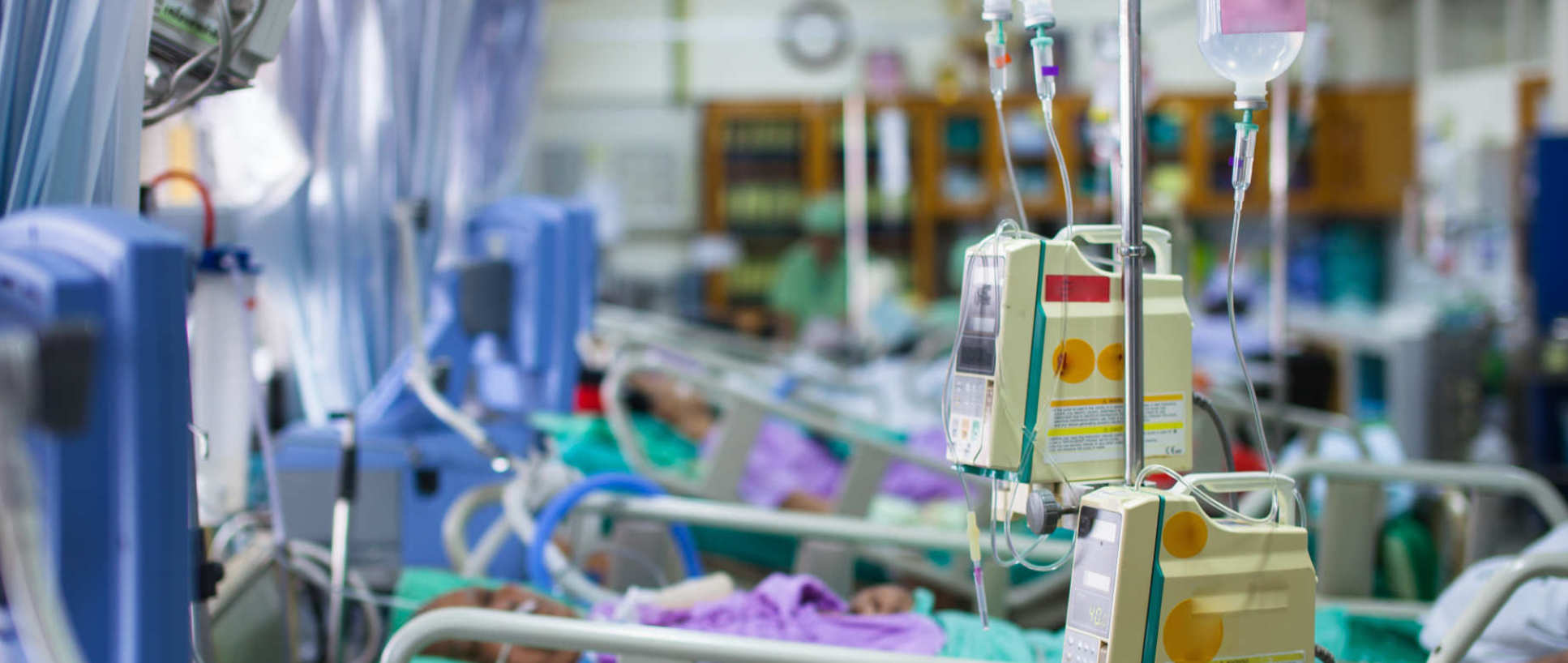BibTex format
@article{Burnham:2016:10.1164/rccm.201608-1685OC,
author = {Burnham, KL and Davenport, EE and Radhakrishnan, J and Humburg, P and Gordon, AC and Hutton, P and Svoren-Jabalera, E and Garrard, C and Hill, AV and Hinds, CJ and Knight, JC},
doi = {10.1164/rccm.201608-1685OC},
journal = {American Journal of Respiratory and Critical Care Medicine},
pages = {328--339},
title = {Shared and distinct aspects of the sepsis transcriptomic response to fecal peritonitis and pneumonia.},
url = {http://dx.doi.org/10.1164/rccm.201608-1685OC},
volume = {196},
year = {2016}
}
RIS format (EndNote, RefMan)
TY - JOUR
AB - RATIONALE: Heterogeneity in the septic response has hindered efforts to understand pathophysiology and develop targeted therapies. Source of infection, with different causative organisms and temporal changes, might influence this heterogeneity. OBJECTIVES: To investigate individual and temporal variation in the transcriptomic response to sepsis due to fecal peritonitis, and to compare with community acquired pneumonia. METHODS: We performed genome-wide gene expression profiling in peripheral blood leukocytes for adult patients admitted to intensive care with sepsis due to fecal peritonitis (n=117) or community acquired pneumonia (n=126), and non-septic controls (n=10). MEASUREMENTS AND MAIN RESULTS: A substantial portion of the transcribed genome (18%) was differentially expressed compared to controls, independent of source of infection, with EIF2 signaling the most enriched canonical pathway. We identify two sepsis response signature subgroups in fecal peritonitis associated with early mortality (p-value=0.01, hazard ratio=4.78). We define gene sets predictive of SRS group, and serial sampling demonstrates subgroup membership is dynamic during ICU admission. We find SRS is the major predictor of transcriptomic variation; a small number of genes (n=263) were differentially regulated according to the source of infection, enriched for interferon signaling and antigen presentation. We define temporal changes in gene expression from disease onset involving phagosome formation, NK cell and IL-3 signaling. CONCLUSIONS: The majority of the sepsis transcriptomic response is independent of source of infection and includes signatures reflecting immune response state and prognosis. A modest number of genes show evidence of specificity. Our findings highlight opportunities for patient stratification and precision medicine in sepsis.
AU - Burnham,KL
AU - Davenport,EE
AU - Radhakrishnan,J
AU - Humburg,P
AU - Gordon,AC
AU - Hutton,P
AU - Svoren-Jabalera,E
AU - Garrard,C
AU - Hill,AV
AU - Hinds,CJ
AU - Knight,JC
DO - 10.1164/rccm.201608-1685OC
EP - 339
PY - 2016///
SN - 1535-4970
SP - 328
TI - Shared and distinct aspects of the sepsis transcriptomic response to fecal peritonitis and pneumonia.
T2 - American Journal of Respiratory and Critical Care Medicine
UR - http://dx.doi.org/10.1164/rccm.201608-1685OC
VL - 196
ER -
 Critical care involves the care of the sickest patients in the hospital. Critically ill patients have usually been through a significant insult to their body (such as trauma, infection, burn) and have developed organ failure and require life-support. Critical Care is the largest theme bringing together clinicians and scientists from diverse backgrounds and includes collaborative research from hospitals throughout north-west London. Investigations range from evaluating biological mechanisms of organ failure through to the development of innovative technologies which allow the short-term and long-term support and recovery of organs.
Critical care involves the care of the sickest patients in the hospital. Critically ill patients have usually been through a significant insult to their body (such as trauma, infection, burn) and have developed organ failure and require life-support. Critical Care is the largest theme bringing together clinicians and scientists from diverse backgrounds and includes collaborative research from hospitals throughout north-west London. Investigations range from evaluating biological mechanisms of organ failure through to the development of innovative technologies which allow the short-term and long-term support and recovery of organs.